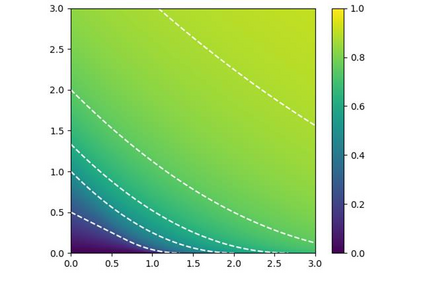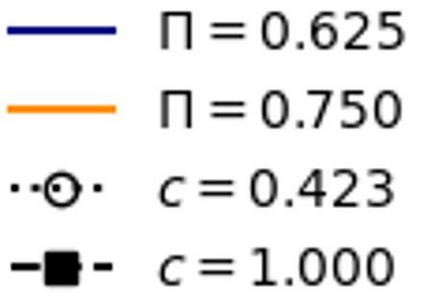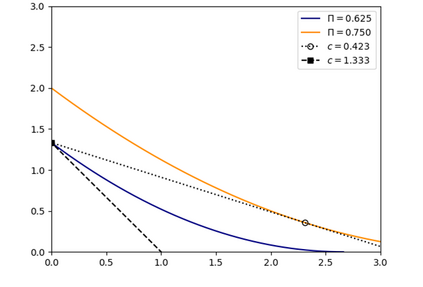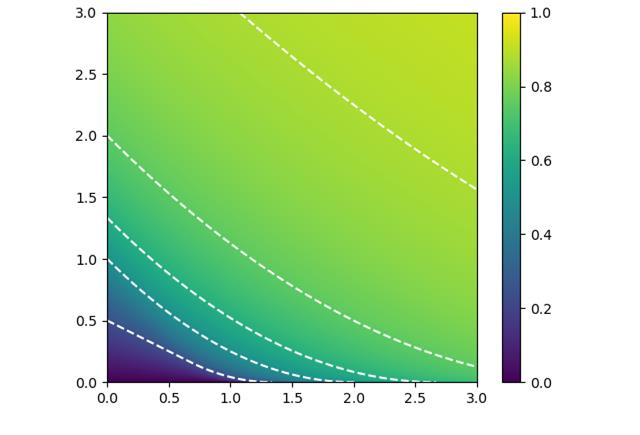In adversarial interactions, one is often required to make strategic decisions over multiple periods of time, wherein decisions made earlier impact a player's competitive standing as well as how choices are made in later stages. In this paper, we study such scenarios in the context of General Lotto games, which models the competitive allocation of resources over multiple battlefields between two players. We propose a two-stage formulation where one of the players has reserved resources that can be strategically pre-allocated across the battlefields in the first stage. The pre-allocation then becomes binding and is revealed to the other player. In the second stage, the players engage by simultaneously allocating their real-time resources against each other. The main contribution in this paper provides complete characterizations of equilibrium payoffs in the two-stage game, revealing the interplay between performance and the amount of resources expended in each stage of the game. We find that real-time resources are at least twice as effective as pre-allocated resources. We then determine the player's optimal investment when there are linear costs associated with purchasing each type of resource before play begins, and there is a limited monetary budget.
翻译:在对抗性互动中,往往需要一个人在多个时期作出战略决定,其中,决定较早时影响到一个玩家的竞争地位,以及如何在以后阶段作出选择。在本文中,我们结合Lotto将军游戏来研究这种情景,这种游戏在两个玩家的多个战场上以竞争性方式分配资源的模式。我们提出一个两阶段的提法,其中一个玩家已经保留了资源,可以在战略上预先在第一阶段在战场上预先分配。先分配会具有约束力,然后披露给另一个玩家。在第二阶段,玩家同时分配实时资源,同时在两阶段游戏中提供均衡报酬的完整特征,揭示业绩和游戏每个阶段所花费的资源量之间的相互作用。我们发现,实时资源至少比预先分配的资源有效两倍。当游戏开始前购买每种资源有线性成本时,我们然后确定玩家的最佳投资。本文的主要贡献提供了两阶段游戏中均衡报酬的完整特征,揭示了两阶段游戏中业绩和每一阶段所花费的资源量之间的相互作用。我们发现,实时资源至少比分配前的资源有效两倍。我们然后确定玩耍前购买每种资源所需的线性成本时,然后确定参与者的最佳投资。有有限的货币预算。







